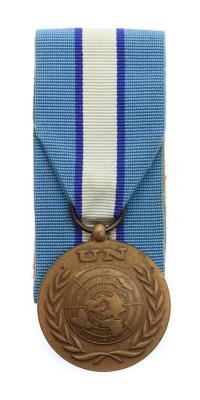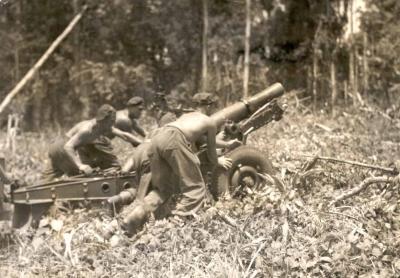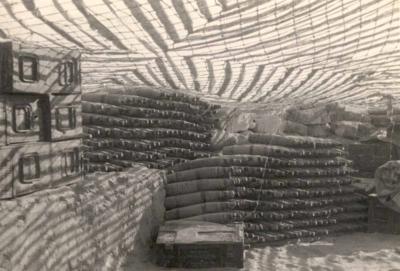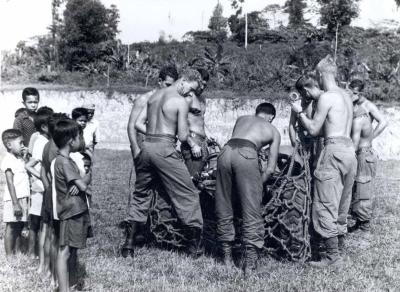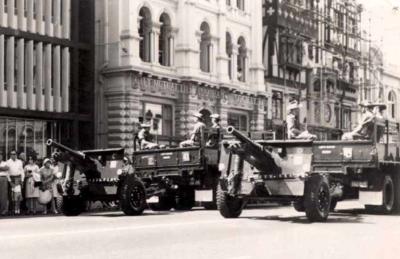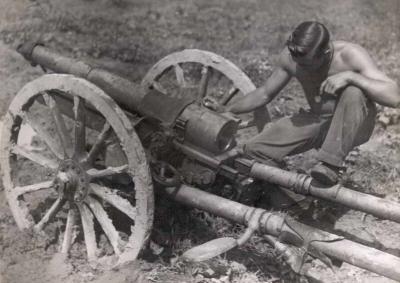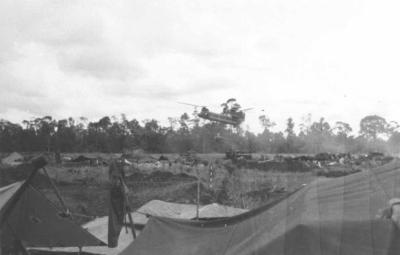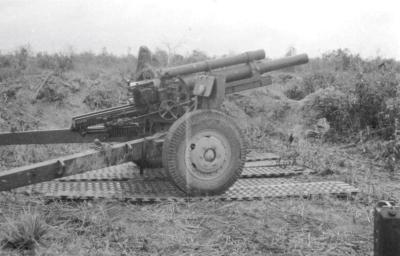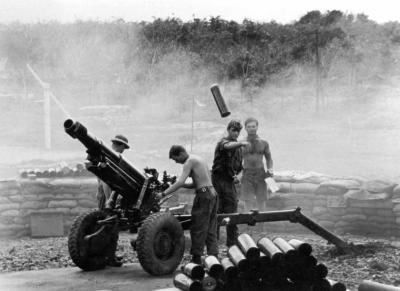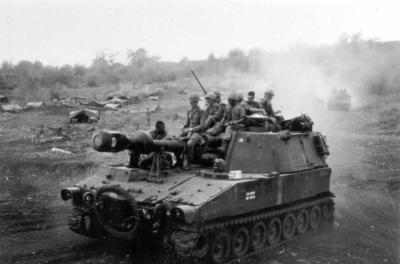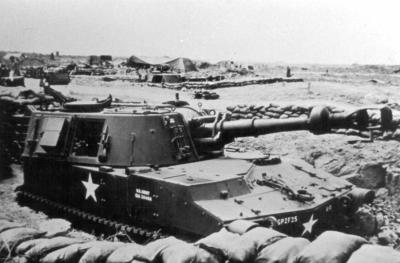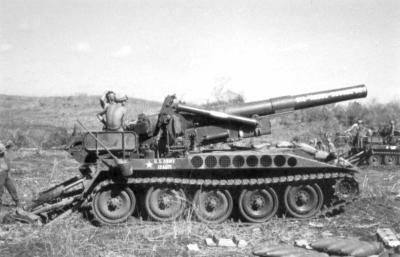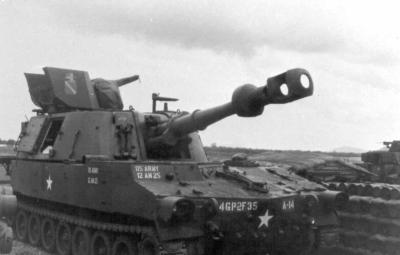Post 1945, South West Asia, Eastern Mediterranean, Cyprus, United Nations Force in Cyprus, 1964 - 2021
The United Nations Peacekeeping Force in Cyprus (UNFICYP) was established in 1964 to prevent further fighting between the country's Greek and Turkish Cypriot communities and is still operating today. Australian peacekeepers served in military, civilian and policing roles in Cyprus, from 1964 to 2021.
Major General Cheryl Pearce AM, CSC, was the Force Commander, United Nations Peacekeeping Force in Cyprus from January 2019 until her retirement from the Australian Defence Force (ADF) in January 2021. Pearce was the first Australian to hold this position and the UN's second-ever female force commander. Operation Charter was established in 2019 to support Pearce in her role as the Force Commander and was the ADF contribution to UNFICYP. Operation Charter ceased operations in 2021. Pearce was awarded the Australian Conspicuous Service Cross for her outstanding achievement as Force Commander.
A mountainous island country in the eastern Mediterranean Sea, Cyprus has a long history of civilisations and empires fighting over its shores. Cyprus became an independent nation in 1960 following years of violence and simmering discontent, both a sign of anti-British sentiment and the growing hostility between Greek and Turkish populations .
Amid growing concern about a Turkish military intervention, the UN Security Council recognised the situation in Cyprus was a threat to international peace and security and recommended creating a UN peacekeeping force in Cyprus. On 27 March 1964, the United Nations Force in Cyprus (UNFICYP) became operational in Cyprus. Australia agreed to send a police contingent.
On 15 July 1974, the Cypriot National Guard staged a coup d'etat, overthrowing the Government of Cyprus with the aim of unifying the island with Greece. Intense fighting soon broke out across the island but despite the violence, UNFICYP continued to patrol and kept a close eye on conflicting forces. Five days after the coup the Government of Turkey launched military operations and invaded Cyprus on 20 July 1974 taking control of the northern part of the island.
Today, the island is partitioned into the area controlled by the Government of Cyprus in the south and the area under the administration of the self-declared Turkish Republic of North Cyprus in the north. A UN-controlled, demilitarised zone called the United Nations Buffer Zone with UN headquarters and peacekeeping forces contained inside this zone., The Buffer Zone lies between the lines of the Cypriot National Guard and the Turkish military and Turkish Cypriot forces to prevent further fighting IIt extends for more than 180 km from east to west across the country, through the centre of the capital, Nicosia. It's as small as 4 m in some parts of downtown Nicosia, and more than 7 km wide in others. It covers an area of 346 km2.
Details
Details
Australia lost 3 police officers during peacekeeping operations in Cyprus.: Sergeant Llewellyn Thomas, from South Australia Police, died on 26 July 1969.; Constable Patrick Hackett, from New South Wales Police, died on 29 August 1971 and Sergeant Ian Ward, also from New South Wales Police, died on 12 November 1974. Ward had also served as a National Serviceman in the Vietnam War from 1970 to 1971.
National Peacekeepers' Day: On 14 September each year, Australia observes National Peacekeeper’s Day, the anniversary of Australia becaming the world's first peacekeepers to deploy into the field, in the Netherlands East Indies in 1947.
International Day of UN Peacekeepers: 29 May is a day of commemoration and acknowledgement of all military, police and civilian personnel who have served as peacekeepers with the UN. Since UN peacekeeping began, more than 4,000 peacekeepers from many countries have lost their lives while performing their duties under the UN flag.
Open in Google Maps
Nearest geotagged records: View all geotagged records »
Australian Army Museum of Western Australia
Australian Army Museum of Western Australia
More items like this
Other items from Australian Army Museum of Western Australia
- World War 2, South West Pacific, Bougainville, 2 Australian Field Regiment, AIF, 1945
- World War 2, North Africa, Egypt, El Alamein, 2/7 Field Regiment, 1942
- Post 1945, South East Asia, Malaya, L5 Operations, 1965
- Post 1945, Western Australia, Perth, 3 Field Regiment RAA, Anzac Day parade, 1960
- World War 2, South West Pacific, Borneo, Tarakan, 2/7 Field Regiment, 1945
- Post 1945, South East Asia, Vietnam, 12 Field Regiment, 1968
- Post 1945, South East Asia, Vietnam, 12 Field Regiment RAA, 1968
- Post 1945, South East Asia, Vietnam, Fire Support Base Horseshoe, 161 Battery, Royal New Zealand Artillery, 1966
- Post 1945, South East Asia, Vietnam, Fire Support Base Horseshoe, 1967
- Post 1945, South East Asia, Vietnam, Fire Support base Horseshoe, 1967
- Post 1945, South East Asia, Vietnam, Fire Support Base Horseshoe, 1967
- Post 1945, South East Asia, Vietnam,Fire Support Base Horseshoe, 1967
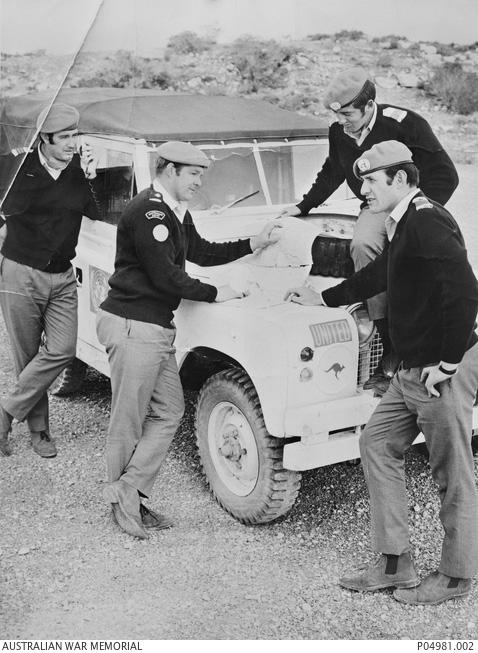
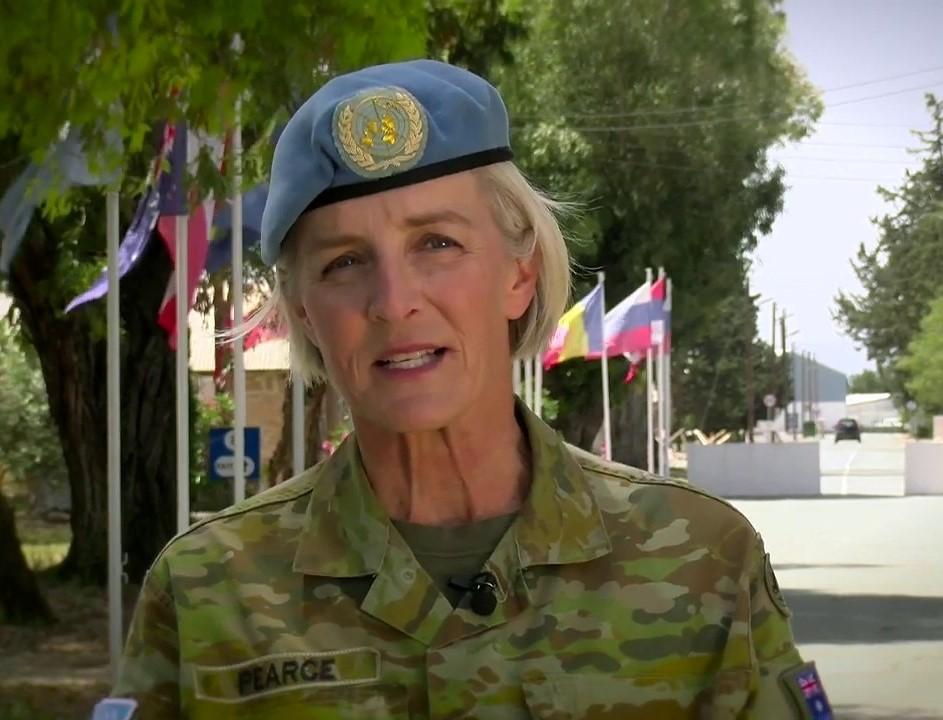
Scan this QR code to open this page on your phone ->

